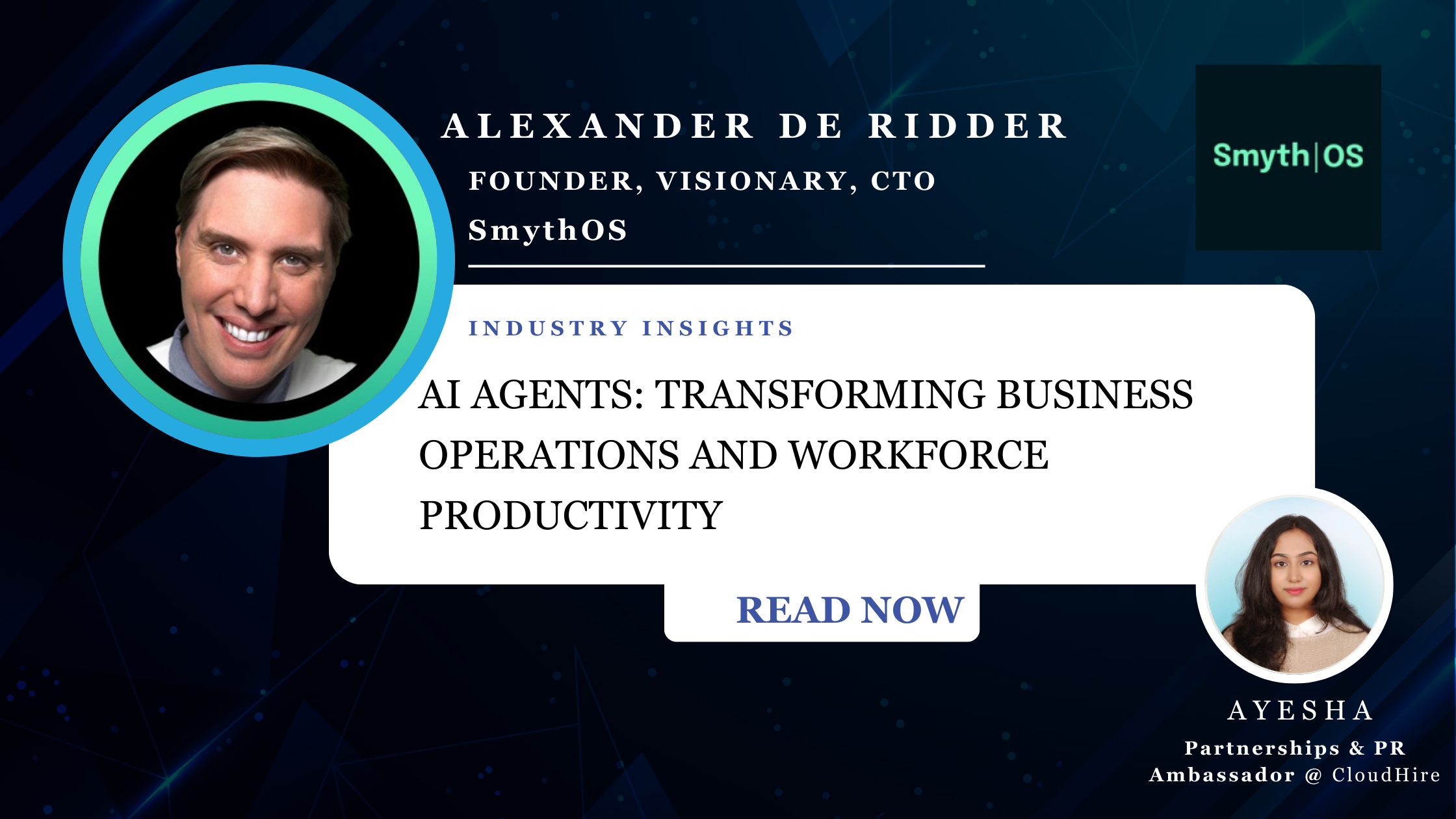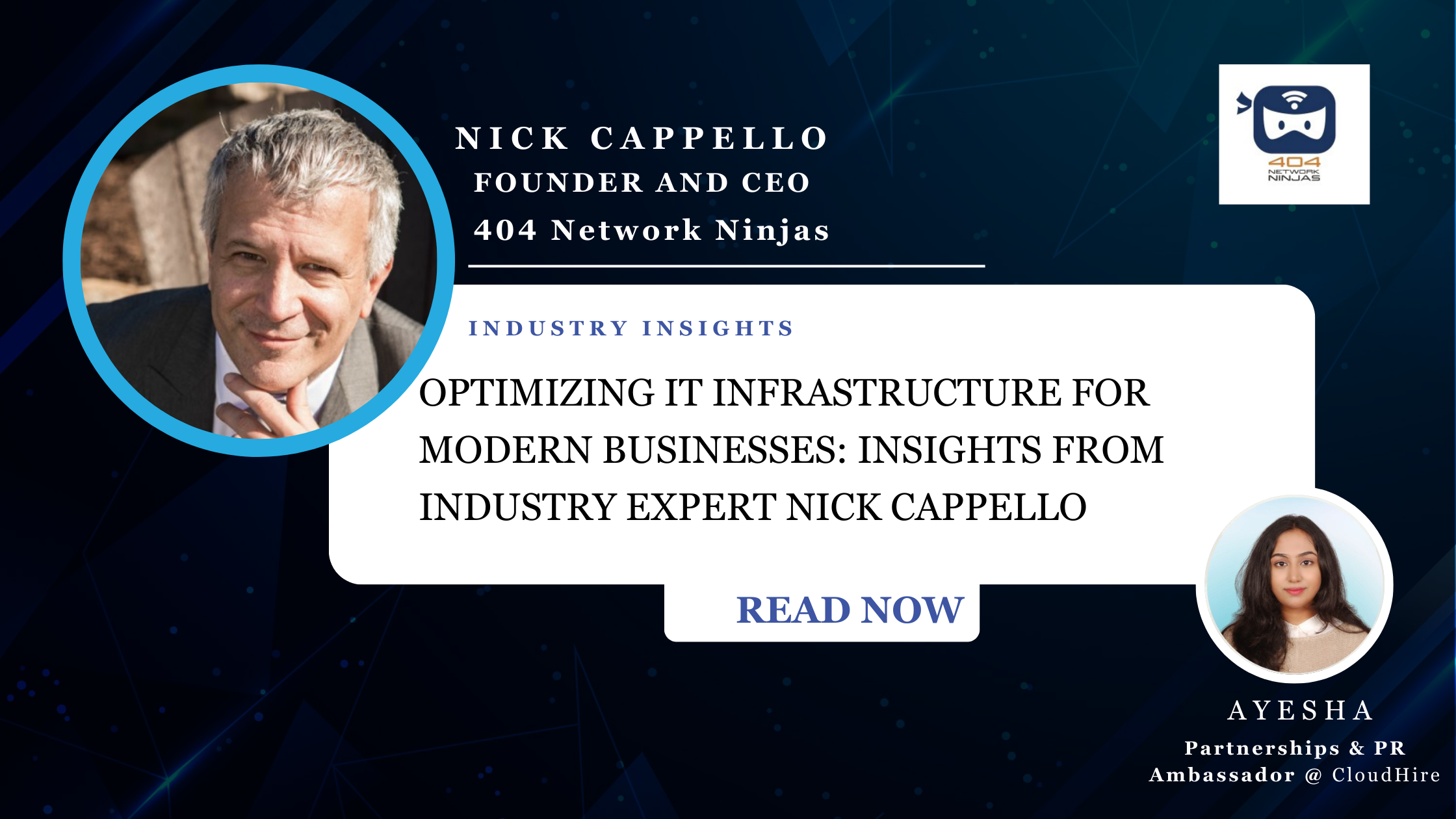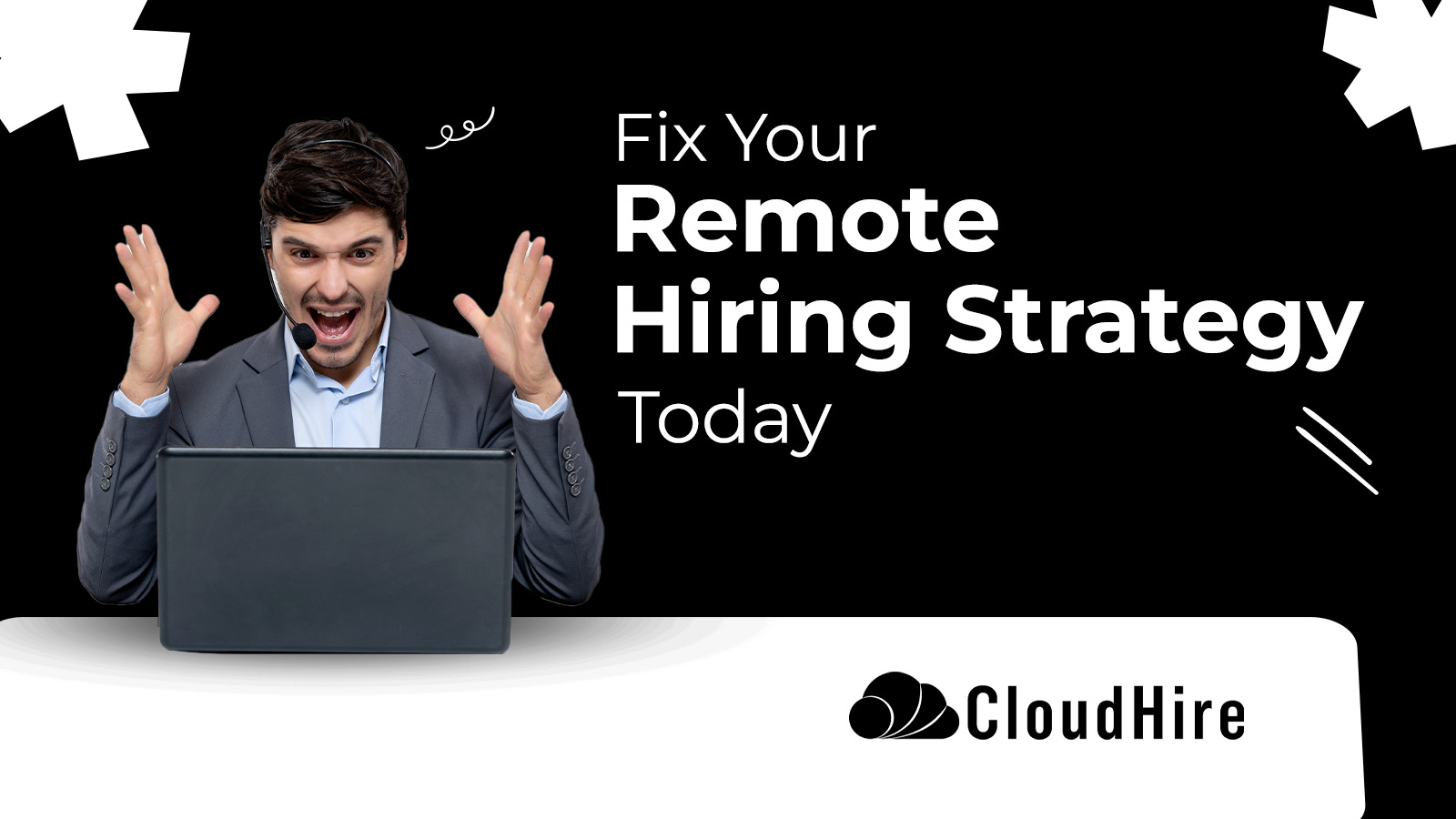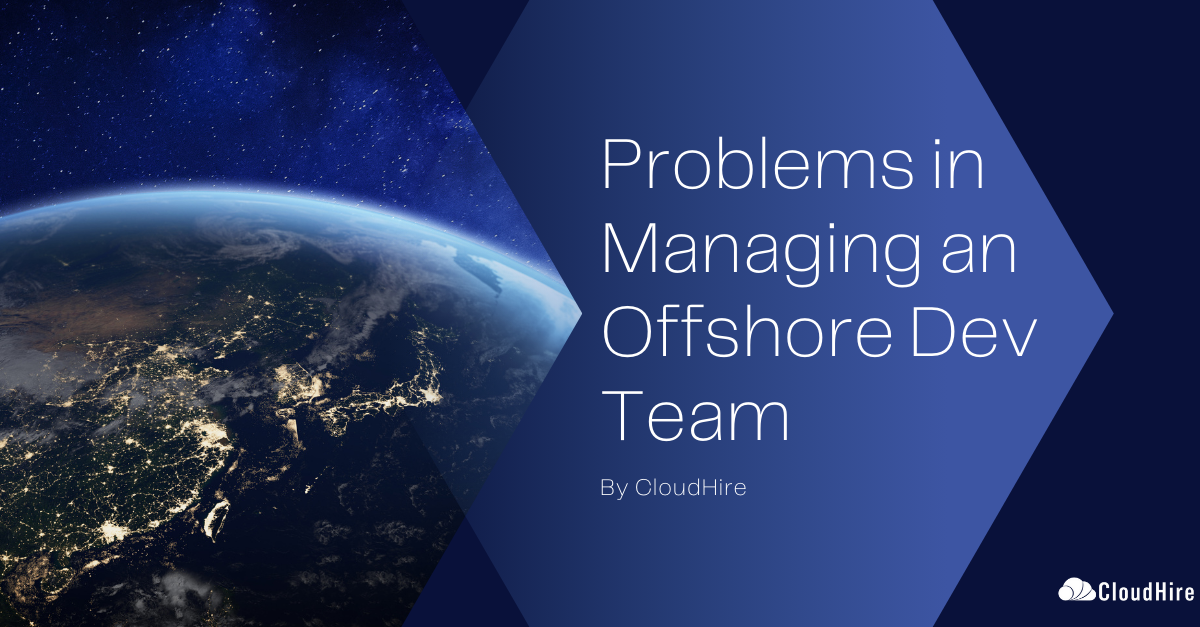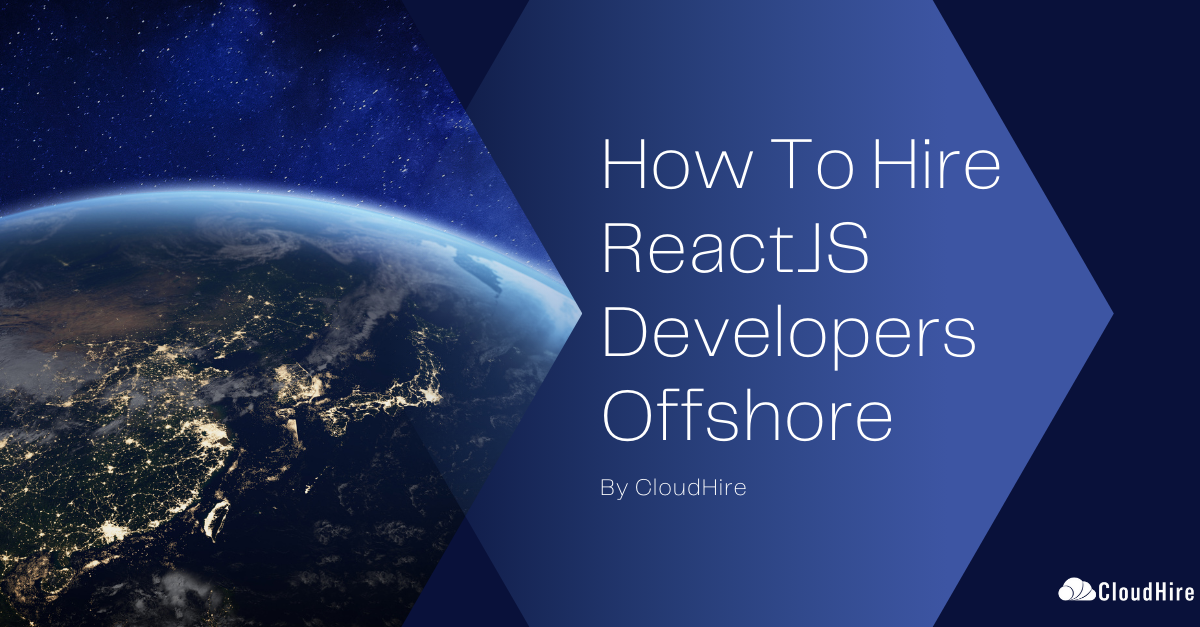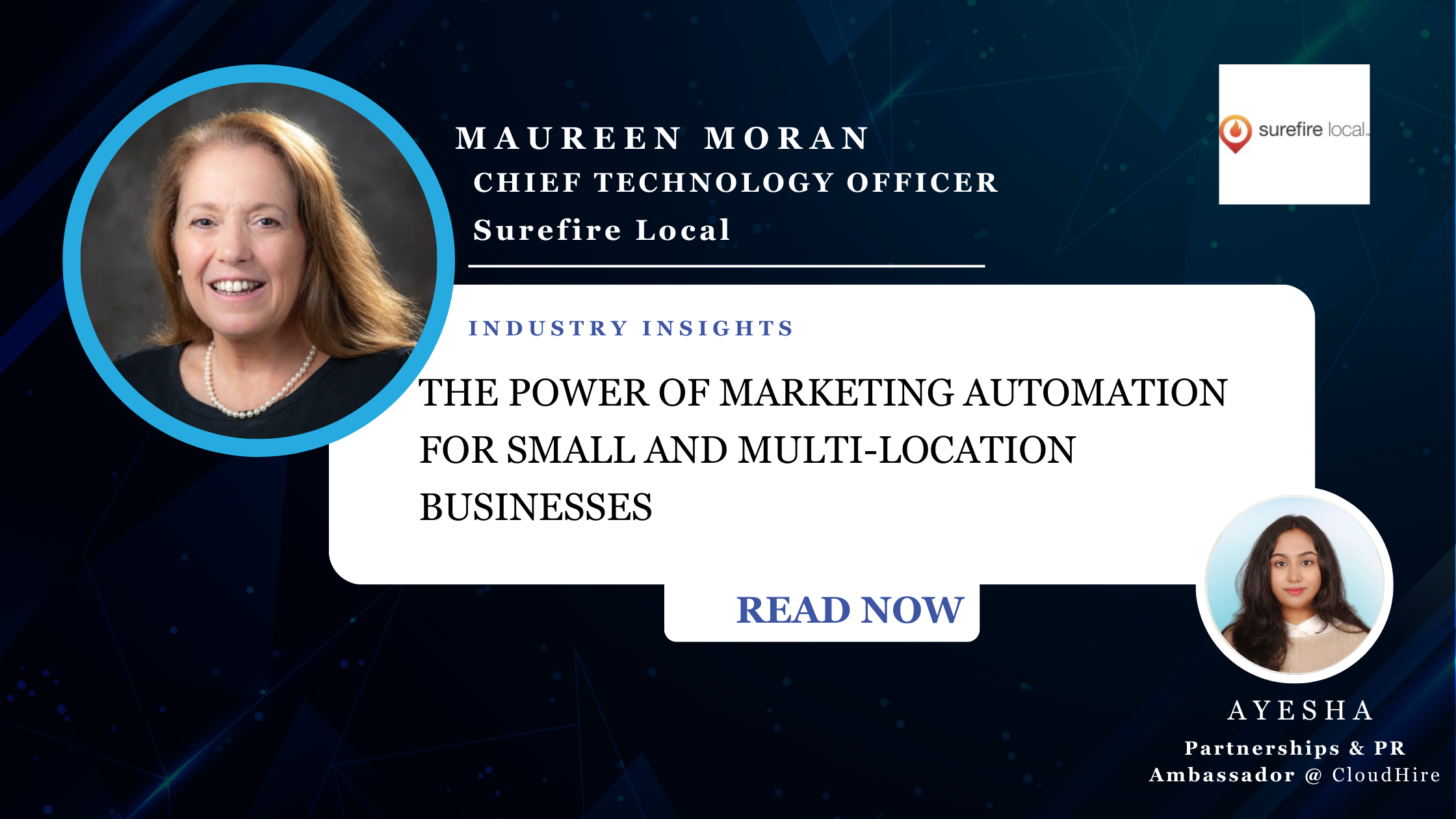In today’s rapidly evolving business landscape, companies are constantly seeking new ways to enhance productivity, streamline operations, and stay ahead of the competition. One emerging technology that’s making significant waves in this arena is AI agents. These intelligent software agents are built to handle repetitive tasks, support decision-making, and collaborate seamlessly with human workers, reshaping the way we think about productivity and creativity in the workplace.
At the forefront of this technological advancement is SmythOS, founded by visionary CTO Alexander De Ridder. SmythOS has developed the first AI Operating System powered by a network of coordinated AI agents, offering a glimpse into the future of business operations and workforce management.
The Rise of AI Agents in Business
AI agents are no longer confined to the realm of science fiction. They’re becoming an integral part of modern business operations, capable of handling a wide array of tasks from customer service to data analysis. The potential of these AI agents to transform businesses is immense, but their implementation and management present unique challenges.
Alexander De Ridder and his team at SmythOS have recognized these challenges and developed a solution that addresses them head-on. Their AI Operating System allows businesses to create, deploy, and manage AI agents with unprecedented ease and efficiency.
Challenges in Implementing AI Agents
While the promise of AI agents is exciting, their implementation comes with several hurdles that businesses must overcome:
- Complexity of Development: Traditional methods of creating AI agents often require extensive coding knowledge and expertise in machine learning algorithms. This can be a significant barrier for many businesses, especially those without dedicated AI development teams.
- Integration with Existing Systems: Incorporating AI agents into established business processes and legacy systems can be a complex and time-consuming process.
- Transparency and Explainability: Many AI systems operate as “black boxes,” making it difficult for businesses to understand and trust the decisions made by these agents.
- Security and Data Privacy: As AI agents often handle sensitive business data, ensuring their security and compliance with data protection regulations is crucial.
- Scalability: As businesses grow and evolve, their AI systems need to be able to scale accordingly without requiring a complete overhaul.
- User Adoption: Introducing AI agents into the workplace can face resistance from employees who may feel threatened or unsure about working alongside artificial intelligence.
SmythOS: A Solution to AI Agent Challenges
SmythOS addresses these challenges through its innovative AI Operating System. Alexander De Ridder’s vision for SmythOS was to create a platform that makes AI agent development and deployment accessible to businesses of all sizes.
The SmythOS platform offers a drag-and-drop interface for creating AI agents, eliminating the need for complex coding. This democratization of AI agent creation allows businesses to leverage the power of artificial intelligence without requiring a team of specialized developers.
One of the key features of SmythOS is its focus on transparency and explainability. The platform provides tools for visual debugging and inspection of AI agents, allowing businesses to understand and trust the decision-making processes of their digital workforce.
Security is another cornerstone of the SmythOS platform. It offers enterprise-grade security features, including the option for businesses to deploy their AI agents directly to their own AWS servers, giving them complete control over their data and processes.
The Impact of AI Agents on Workforce Productivity
The introduction of AI agents into the workplace has the potential to significantly boost productivity. These digital assistants can handle repetitive tasks, freeing up human workers to focus on more complex, creative, and strategic work.
Alexander De Ridder envisions a future where AI agents work as digital coworkers, enhancing employee productivity by handling repetitive tasks and enabling them to focus on creativity, strategy, and innovation. This could lead to a transformation in how we think about work and job roles.
However, this shift also raises questions about the future of employment and the skills that will be valued in an AI-augmented workplace. It’s crucial for businesses to consider how they can prepare their workforce for this change and ensure that the introduction of AI agents enhances rather than replaces human workers.
The Role of Human Resources in an AI-Augmented Workplace
As businesses increasingly adopt AI agents, the role of Human Resources departments will need to evolve. HR professionals will need to develop strategies for integrating AI into the workforce, managing the human-AI collaboration, and addressing any concerns or resistance from employees.
This is where companies like CloudHire can play a crucial role. As a global remote staffing company, CloudHire is well-positioned to help businesses find and onboard talent with the skills needed to thrive in an AI-augmented workplace. Their expertise in talent search and remote staffing can be invaluable for companies looking to build teams capable of working effectively alongside AI agents.
Preparing for the Future of Work
As AI agents become more prevalent in the workplace, it’s crucial for businesses and employees alike to prepare for this shift. Alexander De Ridder suggests that working with AI agents can actually future-proof careers by equipping employees with valuable skills that will be in high demand.
Companies that adopt AI agent technology early may have a significant advantage in attracting top talent. As De Ridder points out, many professionals will be drawn to companies that offer opportunities to work with cutting-edge AI technology, seeing it as a chance to enhance their skills and career prospects.
For employees, learning to collaborate effectively with AI agents will be as essential as proficiency with office software was in the past. These skills will future-proof careers, making AI collaboration a key differentiator in tomorrow’s job market. Just as proficiency with office software became a standard expectation in the past few decades, the ability to leverage AI agents to enhance productivity may become a key differentiator in the job market of the future.
The Ethical Considerations of AI Agents in the Workplace
As businesses embrace AI agents, addressing ethical concerns such as transparency, data privacy, and algorithmic bias becomes paramount. Alexander De Ridder advocates for ongoing dialogue and the development of AI systems that are aligned with human values, emphasizing transparency and accountability as foundational principles. Issues such as data privacy, algorithmic bias, and the potential displacement of human workers need to be carefully considered and addressed.
SmythOS has taken steps to address some of these concerns through its focus on transparency and user control. By allowing businesses to fully inspect and understand the decision-making processes of their AI agents, SmythOS helps to mitigate some of the risks associated with “black box” AI systems.
However, the broader ethical questions surrounding AI in the workplace will require ongoing dialogue and collaboration between technology providers, businesses, policymakers, and workers themselves.
Conclusion: Embracing the AI-Augmented Future
The rise of AI agents represents a significant shift in how businesses operate and how work gets done. While challenges exist, platforms like SmythOS are making it easier for businesses to harness the power of AI agents safely and effectively.
As we move forward, it’s clear that the most successful businesses will be those that can effectively integrate AI agents into their operations while also investing in their human workforce. Companies like CloudHire can play a crucial role in this transition, helping businesses find and develop the talent needed to thrive in an AI-augmented workplace.
The future of work lies in the synergy between humans and AI, where collaboration drives unprecedented levels of productivity and innovation. Alexander De Ridder champions this vision, emphasizing that the true potential of AI is realized when it complements human creativity and decision-making. By embracing this vision, businesses can position themselves at the forefront of the next wave of digital transformation.


